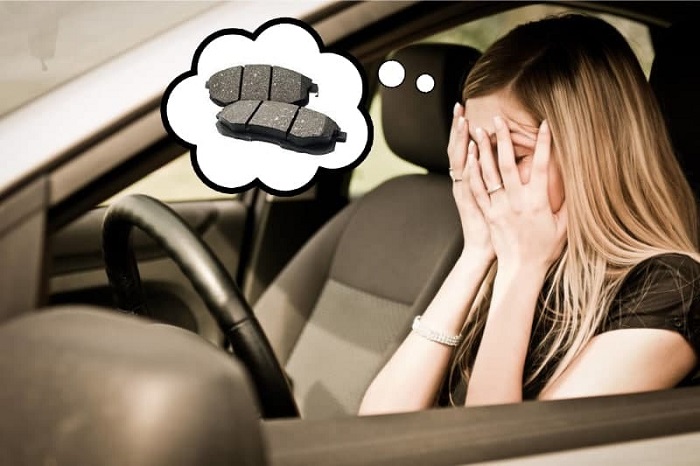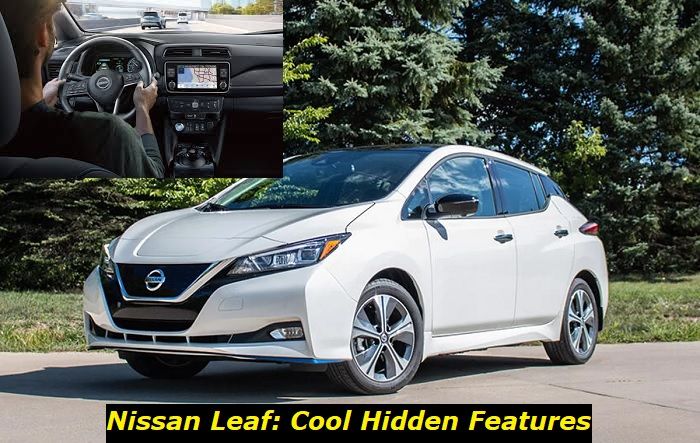Car brake pads should be changed every 40 000 to 50 000 miles, on average. But this may vary according to the style of driving, weather conditions, road conditions, and the quality of parts you use for servicing your vehicle.
Changing the brake pads on time is vitally important because your brake rotors can be damaged by worn out pads easily. Also, it's not safe to drive the car with worn our brake units, because it may cause unexpected reactions of the car when you press the brake pedal.
Today we'll discuss what can influence the frequency of brake servicing.

How often normally you should change the brake pads?
Let's imagine, you drive your car in normal conditions, don't accelerate it over the limits, don't press the brake pedal hard and prefer calm driving. The weather in your region is mild and the car is parked in a garage or in a covered parking lot. Your average mileage is 15 000 miles a year. Also, you service the vehicle in a certified service station which is approved by the producer of your car.
In this case, you will need to change the brake pads every 3 years or every 45 000 miles.
If you drive actively and prefer braking sharply right in front of the traffic light line, the brake pads will be worn out much faster - around 20 000 miles or 1 year.
If you know how to engine brake, drive very carefully and seldomly touch that brake pedal, your brake pads may live much longer and they may require change every 5 or even 7 years with mileage over 80 000 miles.
Why are brake pads worn out quickly?
If your brake pads are worn out too fast, there could be some reasons for this:
- the brake system is badly tuned - brake pads are always in contact with brake rotor and that's why they are worn away quicklier;
- you prefer active driving - when you brake sharply, the pads become too hot and start wearing off quicklier;
- you brake often on highways - if you brake from high speeds, the contact of the brake pad with the rotor is too long and they both get hot;
- you buy bad brake pads - if you spare money on parts, the cheap brake pads will need to be changed more often.
Signs your vehicle begs for changing brake pads
- Thin pads. If you have appropriate rim type, you can see the pads. Look at them and compare with a new pad size. If they are too thin, it's time for changing them.
- Vibration. If your vehicle vibrates when you brake, it can be the sign of worn-out brake pads. But it may also show other issues like unbalanced wheels or suspension problems.
- Less efficient braking. If you notice that it takes longer to stop the car, check the pads. They could come to the point when the braking efficiency is no longer optimal.
- Squeaking pads. Sometimes it's OK when the brake pads squeak or squeal a little. This is all about materials they are made of. But if you hear bad squeaking noise, better check the pads, they might be worn out.
- Error light on dashboard. Many cars are clever enough to show the special indicator light on their dashboards when the brake pads are done. But the system is never precise enough, so don't rely purely on it.
- Low level of brake fluid. When all 8 brake pads in your car are worn out, they become quite thin. More liquid is needed to push them, so you may see a little drop in the brake fluid system.
- Grinding sound from wheels. If you hear grinding sound, better stop your vehicle and find the reason of it. Often it will be the result of worn out brake pads that start scratching the brake rotor and killing it slowly.
- Maintenance guideline. The service intervals are the safe way to keep your car running without any major breaks and problems. If the service guideline says you need to change the brake pads, better do it.
About the authors
The CarAraC research team is composed of seasoned auto mechanics and automotive industry professionals, including individuals with advanced degrees and certifications in their field. Our team members boast prestigious credentials, reflecting their extensive knowledge and skills. These qualifications include: IMI: Institute of the Motor Industry, ASE-Certified Master Automobile Technicians; Coventry University, Graduate of MA in Automotive Journalism; Politecnico di Torino, Italy, MS Automotive Engineering; Ss. Cyril and Methodius University in Skopje, Mechanical University in Skopje; TOC Automotive College; DHA Suffa University, Department of Mechanical Engineering






Add comment